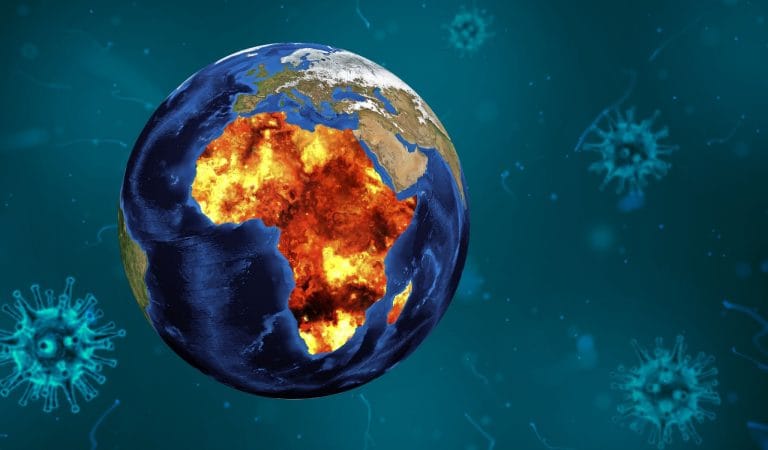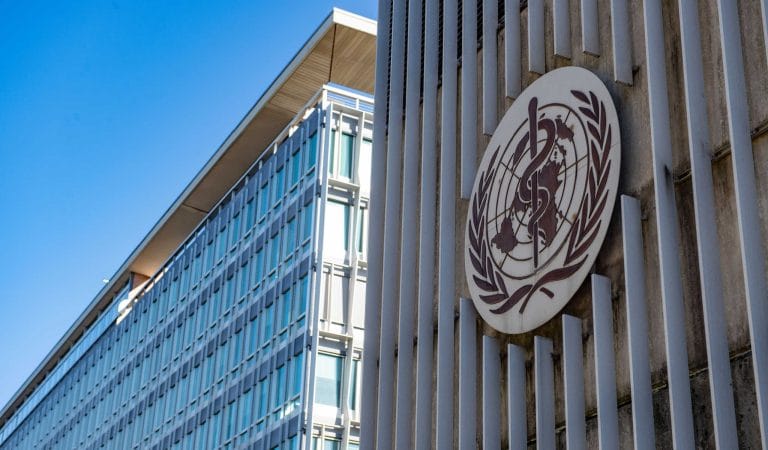Questions about New Amendments to the 2024 IHRs
On June 1, 2024, the World Health Assembly (WHA) adopted a series of new amendments to the International Health Regulations (IHRs). The World Health Organization proclaimed that these amendments will “build on lessons learned from several global health emergencies.”
Questions about New Amendments to the 2024 IHRs Read Journal Article









